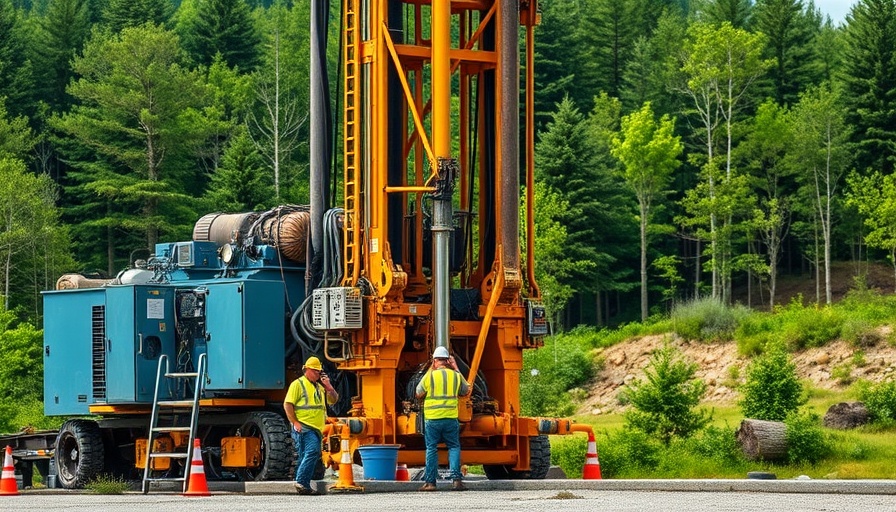
The Future of Coal Power: A Complex Puzzle
Recent discussions around energy sources have increasingly focused on the future of coal power. A notable report by Wood Mackenzie indicates that despite being more expensive than alternatives like gas and renewables, the global reliance on coal may not decline as rapidly as previously thought. This surprising outlook stems from a combination of rising electricity demand and a slowing pace of alternative energy developments, particularly in regions where coal remains economically favorable.
Understanding Coal's Resilience in Energy Markets
Wood Mackenzie suggests that under certain demand scenarios, coal-fired power generation could peak as late as 2030—an extension that raises eyebrows among environmentalists and energy advocates. In the U.S., while the costs of building new gas power plants have surged, long-duration energy storage technologies necessary to harness solar and wind power effectively are still maturing. As a result, coal’s established presence offers a buffer against the uncertainty faced by newer technologies.
Global versus Local Perspectives on Energy
Coal's enduring role in energy production varies significantly around the world. In Asia, economic and national security concerns favor its continued use, making it an essential part of the energy mix. Anthony Knutson, head of thermal coal markets at Wood Mackenzie, emphasizes that while renewables are the future, the transition to such energy systems is nuanced and fraught with complexities.
Implications for Homeowners and Renovators
For homeowners, particularly those looking to remodel or upgrade their residences, the energy landscape has direct implications. As energy sources evolve and costs fluctuate, engaging with contractors who are informed about sustainable practices and current market conditions becomes crucial. Whether it’s kitchen remodeling, bathroom renovations, or general home repairs, being aware of the energy sources that power your home can influence decisions about energy-efficient upgrades and long-term savings.
As we navigate these changes in the energy market, understanding the dynamics of coal and its alternatives will be essential for making informed choices about home renovations and improvements. Exploring options for energy-efficient home upgrades with local contractors can lead to significant savings and a reduced carbon footprint.
 Add Row
Add Row  Add
Add 




Write A Comment